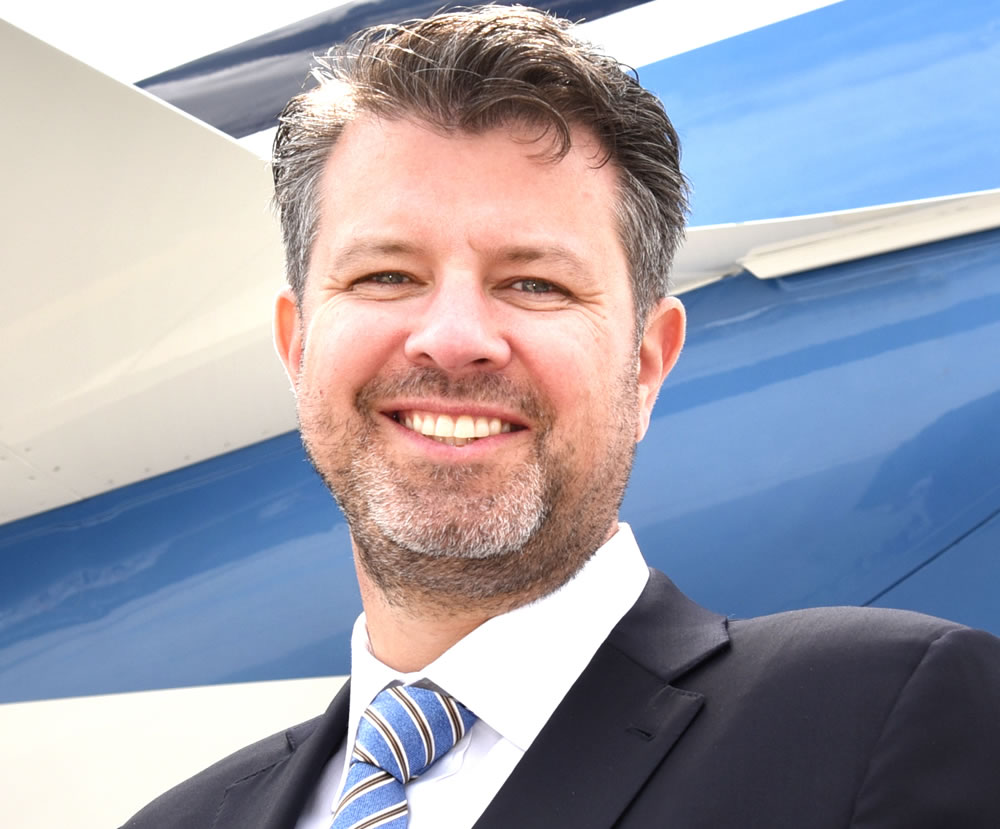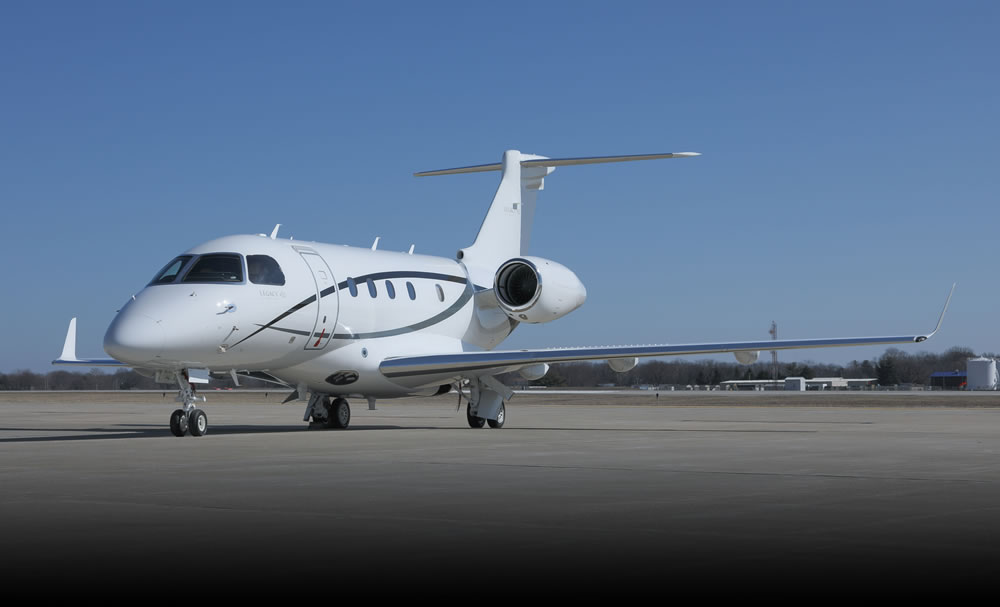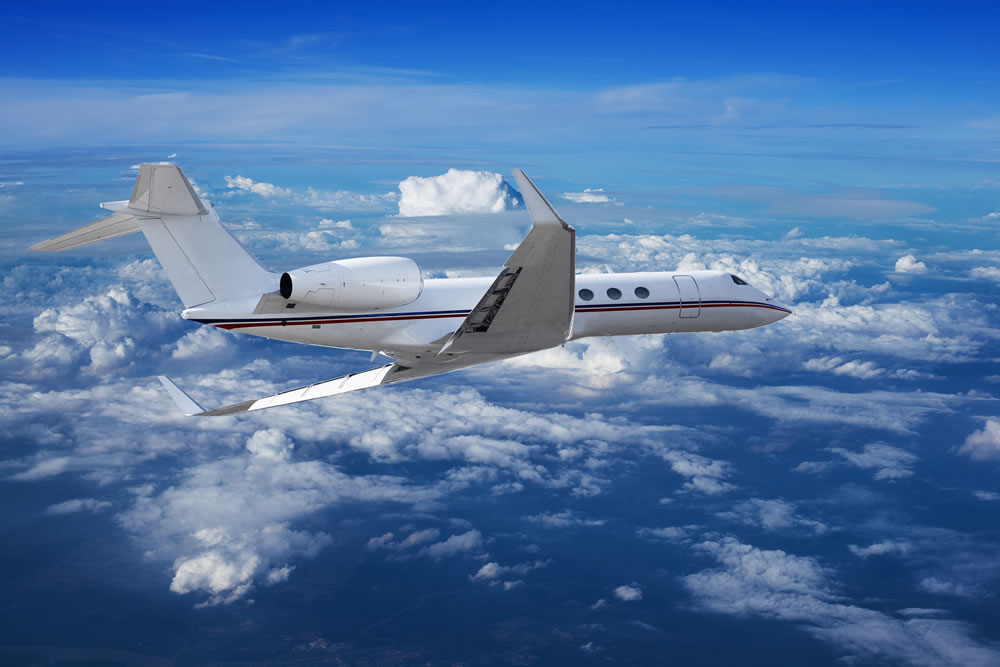As the Covid-19 global pandemic continues, many sectors have been forced to drastically adapt to the new conditions. With travel – both business and commercial – being one of the heavily impacted industries, we asked Peter Antonenko, chief operating officer at Jetcraft, for his take on how the industry has fared during these troubled times, and what the future might look like.
Recent global announcements surrounding the reopening of borders and vague exit strategies from lockdown keep us in a state of constant evolution and uncertainty. Aircraft manufacturers are announcing staff cuts in response to a predicted decrease in orders as a consequence of the global Covid-19 pandemic.
While uncertainty prevails, what we can be sure of is business aviation’s increasing value amongst the UHNW community. The security, efficiency, flexibility and control provided by flying privately as compared to commercial air travel, along with the ability to fly anywhere at a moment’s notice while avoiding large crowds, are becoming enticing commodities.

Jetcraft’s 20+ offices located around the world provide us with a unique global viewpoint to observe, report and predict how the industry has and will react to this unprecedented crisis. Our most recent annual market forecast correctly forecasted a downturn in the market, although it of course did not anticipate a global pandemic. Our forthcoming market forecast will consider the impact of the pandemic on the industry, in particular, analysing the moves made by aircraft manufacturers and predicting the long-term effects on market values, with close attention paid to the pre-owned segment.
As a whole, we expect our sector to recover faster than that of commercial. Global air traffic is predicted to decline, with commercial airlines forecast to lose billions in revenue this year. This presents an opportunity for business aviation to showcase its critical advantages over commercial travel. With many airliners parked and routes significantly reduced, fewer commercial travel options are available. Private aviation is poised to take on some of the needed volume. Further, the safety and hygiene afforded by exclusive private jet cabins compared with airline cabins, as well as the benefits of travelling through private terminals compared to commercial airports, are now increasingly important considerations for business travellers.

Regrettably, the existing customer base may shrink due to the effects of the Covid-19 outbreak, but we also anticipate incremental increases in private aviation. The need for improved personal security, a shortage of commercial routes, and the convenience of private aviation, means the business aviation market, as a whole, should see an increase in new users, notably by individuals and corporations who might possess the means to fly privately but have, until now, chosen otherwise. Further, the value proposition for existing aircraft owners has come to the fore.
During the Covid-19 pandemic, technology has also become essential to our operations. With many destinations still under lockdown or with extensive quarantine restrictions upon entry into the country, communicative tools such as Microsoft Teams, WhatsApp, Skype and WeChat enable us to stay connected to our customers and employees. These platforms shorten distances – bringing us together to ensure we remain open and ready to transact.
When considering how these modes of communication have evolved to benefit business during these times, the rise in remote working and video conferencing has meant that there may be a small but significant group of travellers that will decide to travel less after the pandemic. When they do decide to travel, they will want to do this safely, comfortably, and efficiently. We also note that, while technology is and has been supplemental to business communications, it cannot replace the benefits of personal interaction, which remains the cornerstone proposition of air travel, both private and commercial.

Looking further ahead, the pandemic will also undeniably change how we operate. Already, we are seeing the digital natives of Generation Z enter the market as private jet users through whole ownership, charter, fractional, and jet cards. It will not be long before more look to purchase their own aircraft once they’ve experienced the benefits of private aviation.
In all, we have seen business aviation prevail through global economic ups and downs. Unlike prior global and economic upheavals, we expect to see, and are already starting to see, the market start to pick up once exit strategies gain momentum. We have already learned valuable lessons during this time, and we are sure the industry is prepared to weather this storm, whatever it may yet bring.






















